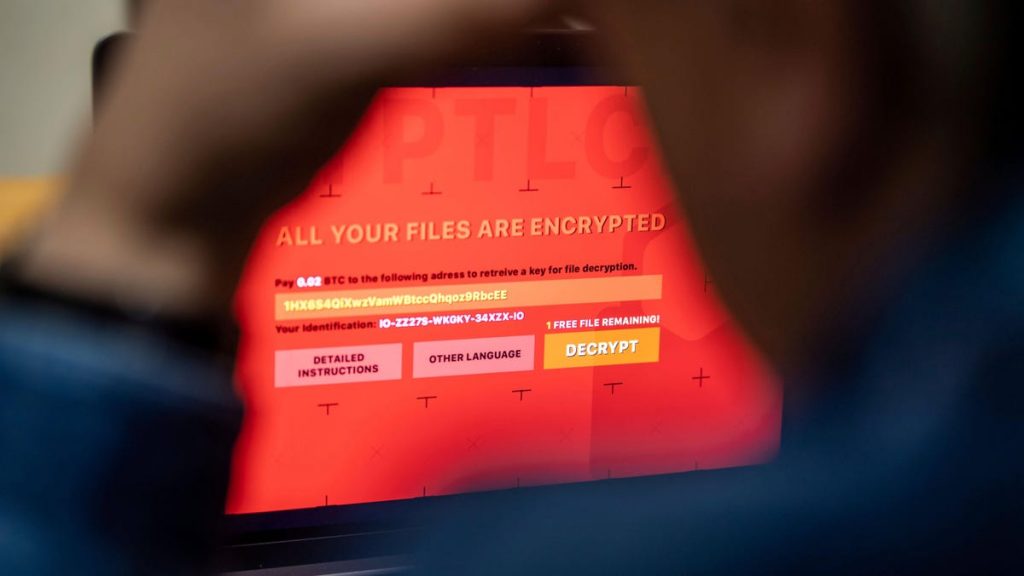[ad_1]
A new strain of ransomware was recently identified by cybersecurity analysts, which forces its victims to complete a series of charitable tasks in order to retrieve their data. It combines the inconvenience of having your data stolen, plus the added cringe of self-righteous instructions on how to retrieve said data by doing a number of “good deeds.”
The ransomware is dubbed GoodWill, and was recently flagged by threat analysis firm CloudSEK. Ransomware is typically a form of malware that will encrypt a user’s photos, documents and other files, preventing them from accessing it, and extorting their victims to pay a ransom in order to give them the decryption key.
But GoodWill is different, rather than asking for a ransom, the group behind the ransomware will direct their victims to perform three good deeds, record them and post them on social media to supposedly encourage others to follow suit. But all the while, holding a digital gun to their victims’ heads. The hacker group’s IP address was traced to Mumbai, India, according to CloudSEK.
The first task reportedly requires its victims to provide clothing and blankets to people in need. Then, they must feed five kids under the age of 13 at a Dominos, KFC, or Pizza Hut, and take a selfie with the kids after their meal (the logistics of having a stranger accompany a group of minors to a fast food restaurant are, however, still not very clear). Finally, the victims must pay someone’s hospital bill, as in go to a hospital, approach a patient, and contribute the maximum amount of the bill total.
The victims must document all of these forced acts using a photo frame provided by the hackers, and post the photos on Instagram, Facebook or WhatsApp stories. The hacker group writes, “It doesn’t cost you high, but matters for humanity,” on their security bulletin, although it’s not clear exactly who they’re targeting, and how they determine their victims’ capabilities to fulfill these tasks.
G/O Media may get a commission
Save $70
Apple AirPods Max
Experience Next-Level Sound
Spatial audio with dynamic head tracking provides theater-like sound that surrounds you
And while it’s all a little bit preachy, there must be other ways to motivate people to help the less fortunate without keeping their precious data hostage.
[ad_2]
Source link
